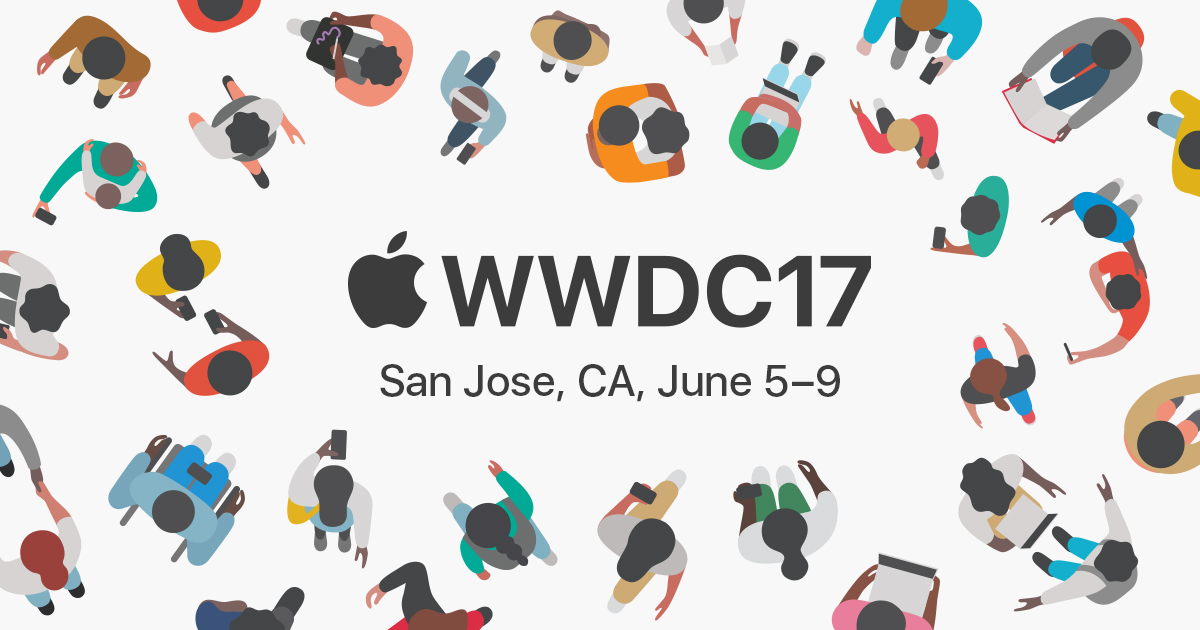
Here is a breakdown of the top 7 announcements at WWDC ‘17 that Apple revealed.
1. HomePod

Apple has released a new smart speaker device to reinvent music in our homes. It competes directly with Amazon Alexa and focuses on privacy and music quality.
2. ARKit
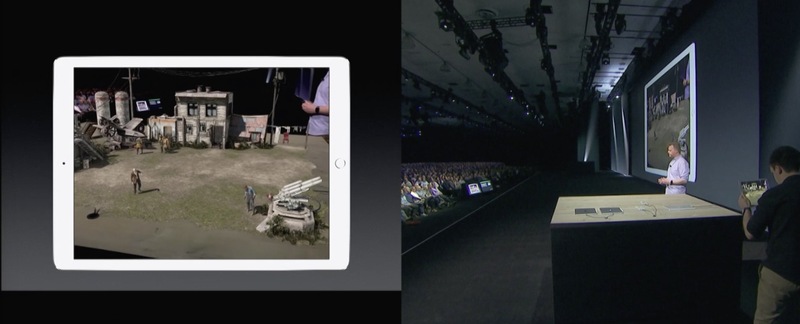
It seems AR movies are a thing now (thanks to Peter Jackson). Now any indie companies can compete with Niantic’s Pokemon Go thanks to ARKit.
3. Revamped App Store
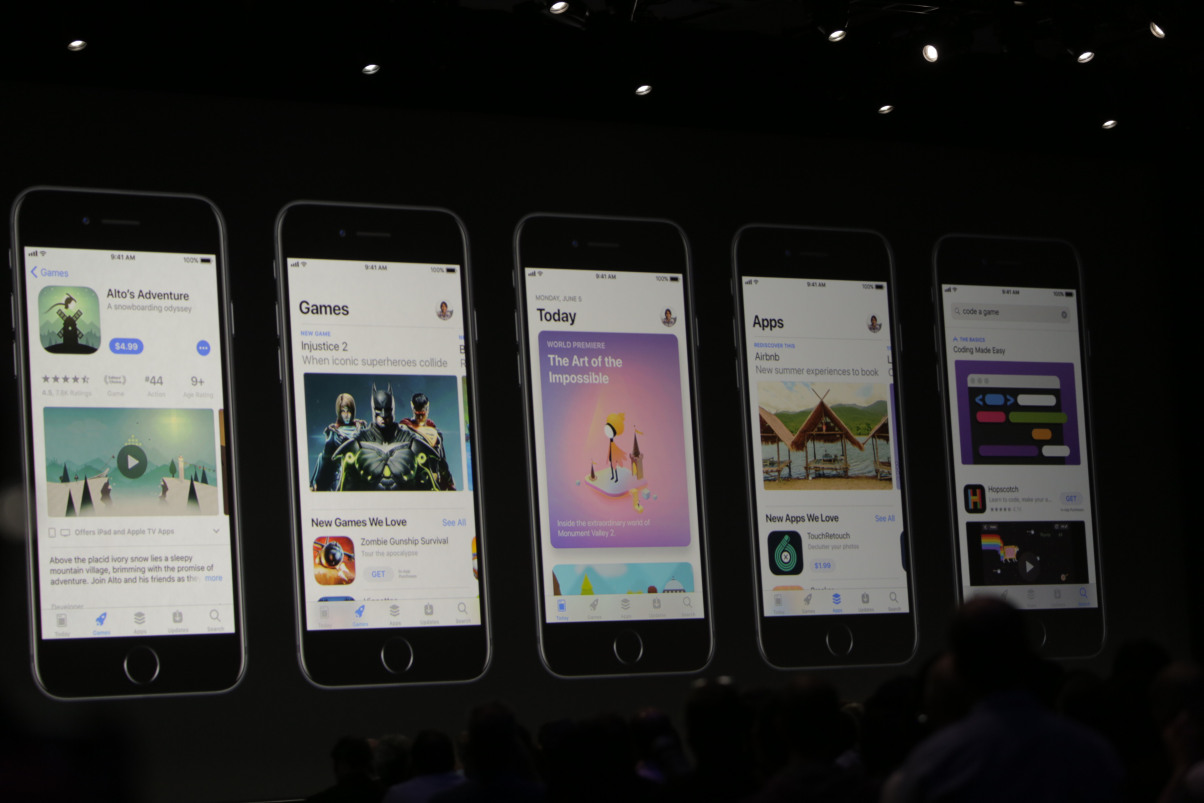
Indie developers have long complained that the App Store content discovery algorithm disadvantages them and the user interface is designed to promote apps from the editorial team or top selling apps from larger software companies. The new “Today” tabs is redounded user interface thats more akin to the News app or an online app review website than the traditional App Store featured list. Search results and product pages also display a lot more information as well, which should level the playing field for App Developers.
4. CoreML
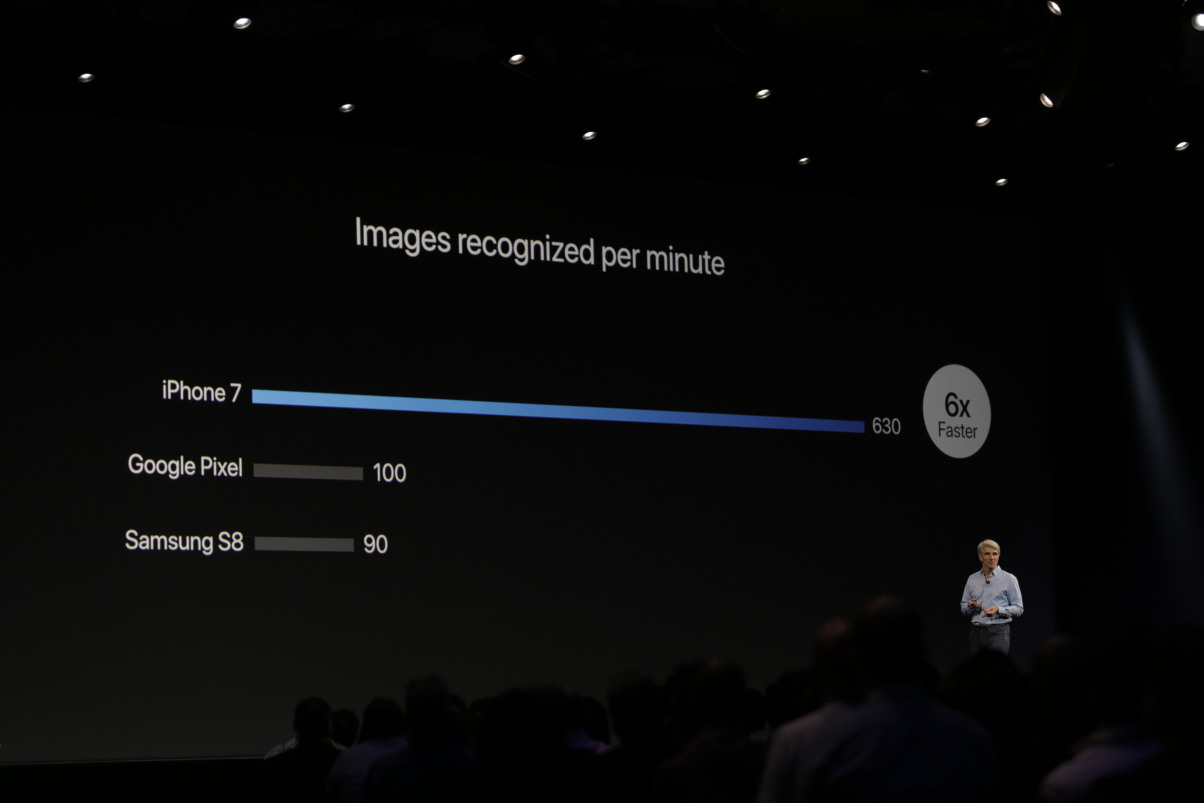
Apple has a focus on AI and machine learning like Google, with one major difference, a focus on privacy and user experience. Apple is using machine learning to improve the user experience in iOS with Siri and keyboard suggestions. Now 3rd party developers have access to that technology via the CoreML framework.
5. Metal 2 and macOS VR

MacOS hasn’t gotten much love from the VR world, with the Oculus Rift ditching support for it just before shipping. Apple is changing that with official support for Steam VR and is pushing the use of external GPUs for its Macbook line. Its also announced Metal 2, which it claims is 100x faster than OpenGL. For desktop power users, Apple introduced its new iMac Pro line with Mac Pro-level hardware and GPU, targeted for VR and 4K video editing. Gaming companies and VR startups now have a lot more support from Apple to target a new market of consumers, previously unsupported with Metal 2 unlocking the gaming, AR and VR capabilities of existing devices.
6. Apple Pay with iMessage
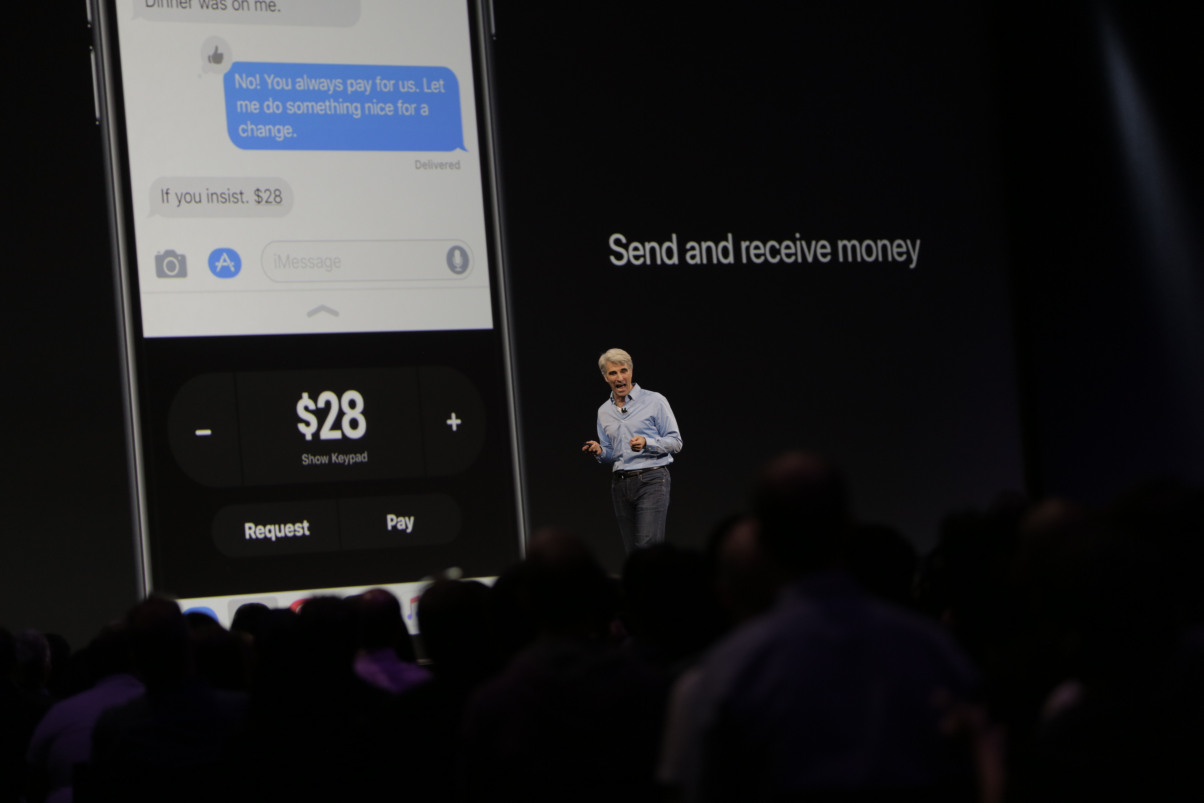
Apple is now challenging companies like Venmo and PayPal with Apple Pay person-to-person payments. Startups in the financial sector should look to complement Apple Pay instead of trying to replace it.
7. Safari Intelligent Tracking Prevention
![]()
This set of features is a threat to Apple’s main competitor: Google, whose revenue comes from advertisements and tracking user data. While Safari Ad Blocking was introduced in iOS 8, this new feature will use machine learning technology to power tracker blocking in a bid to outwit the digital stalkers. Safari on Mac will also automatically block video ads from playing. Web, advertising and online content companies could see a decrease in profits for ads targeting iOS and macOS users.
8. Apple File Formats

Apple is pushing its new standards for the industry as replacements for existing formats:
- Apple File System (APFS) replaces HFS+
- HEVC replaces H.264
- HIVC replaces JPEG
The significance of this announcement is that these are all technologies that will become the industry standard, just like Apple was the first to make Wi-Fi mainstream with Airport on the original iBook.